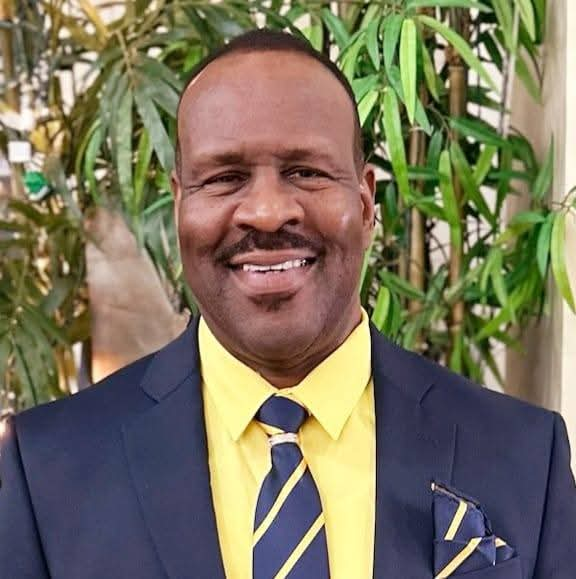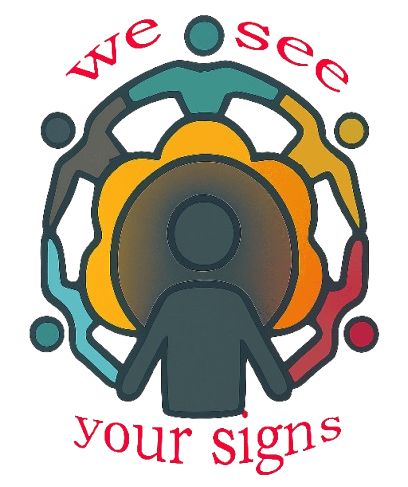About
Please take some time to listen to the music of Lou Ward with unbiased ears and a heart ready for understanding.
Lou Ward
Lou Ward is the singer/songwriter who also goes by the stage name of Loudawaju under which he has released previous works. He cites as main artistic influences such legends as Sam Cooke, Smokey Robinson, James Brown, Al Green, David Ruffin and Donny Hathaway.
Ward has been singing since early childhood. His first accolade was in high school, winning the statewide Male Low Voice Competition by performing Paul Robeson’s “Old Man River.” He began penning his own songs soon after. He wrote songs in college and during his 10 year US Navy career. An agent for Sony Records with ties to the Apollo Theater heard Ward’s music and Ward was signed to an artist agreement with Sony in 1992. Circumstances intervened, sidetracking the possibility of a recording career at that time. Instead, Ward accepted the circumstances as a life indicator directing him to dedicate himself to his wife and family and focus on the responsibility of being a family man.
He has continued to write over the years and was recently pulled back into songwriting by a friend who asked him to write some original songs for a new music project. Circumstances and situations that happened with family and close friends produced two tracks that have social relevance.


We See Your Signs
We See Your Signs isn’t a label or playlist site. It’s a focused showcase of Lou Ward’s original music, crafted to open dialogues on depression, PTSD, and suicide prevention. We partner with verified nonprofits through direct revenue splits. Because we’re mission-driven and artist-centered, we do not accept unsolicited songs, demos, or guest posts.
Medical Advice Disclaimer
The information provided by We See Your Signs, including lyrics, videos, blog posts, and external links, is for general informational purposes only and **does not constitute medical or mental‑health advice. Always seek the guidance of a qualified professional with any questions you may have regarding a mental‑health condition. If you believe you may harm yourself or others, call 911 or go to your nearest emergency department.
